Shaping the World of Fashion: A Look at 10 Iconic Designers
Related Articles: Shaping the World of Fashion: A Look at 10 Iconic Designers
Introduction
With enthusiasm, let’s navigate through the intriguing topic related to Shaping the World of Fashion: A Look at 10 Iconic Designers. Let’s weave interesting information and offer fresh perspectives to the readers.
Table of Content
Shaping the World of Fashion: A Look at 10 Iconic Designers
![]()
Fashion, a dynamic and ever-evolving art form, transcends mere clothing. It is a powerful language, a reflection of culture, and a potent tool for self-expression. At the helm of this vibrant industry are designers, visionary individuals who translate trends, push boundaries, and craft garments that shape the way we perceive ourselves and the world around us. This exploration delves into the world of ten renowned fashion designers who have left an indelible mark on the industry, shaping its landscape and inspiring generations of creators.
1. Coco Chanel (1883-1971): The Revolution of Simplicity
Gabrielle "Coco" Chanel, a name synonymous with elegance and timeless style, revolutionized women’s fashion in the early 20th century. Rejecting the restrictive corsets and elaborate gowns of the era, she championed practicality and comfort. Her designs, characterized by simple lines, fluid silhouettes, and luxurious fabrics, liberated women from constricting attire and ushered in an era of modern femininity. The little black dress, the Chanel suit, and the iconic quilted handbag remain enduring symbols of her legacy, exemplifying her commitment to timeless elegance and effortless chic.
2. Christian Dior (1905-1957): The New Look
Christian Dior, a master of couture, dramatically shifted the fashion landscape with his "New Look" in 1947. This revolutionary collection, with its full skirts, cinched waists, and opulent fabrics, marked a departure from the austere wartime styles. Dior’s designs celebrated femininity, emphasizing the hourglass silhouette and creating a sense of romanticism and glamour. His influence on fashion remains immense, inspiring countless designers and shaping the perception of feminine elegance for decades to come.
3. Yves Saint Laurent (1936-2008): The Fusion of Art and Fashion
Yves Saint Laurent, a visionary who bridged the gap between art and fashion, redefined the concept of haute couture. He introduced revolutionary concepts like the "Le Smoking" tuxedo suit for women, challenging gender norms and empowering women with sartorial freedom. His designs, characterized by bold colors, geometric patterns, and avant-garde silhouettes, pushed the boundaries of fashion, blurring the lines between art and wearable clothing. Saint Laurent’s legacy lies in his ability to translate artistic ideas into wearable masterpieces, cementing his place as a true innovator.
4. Karl Lagerfeld (1933-2019): The Master of Reinvention
Karl Lagerfeld, a prolific designer and creative genius, was a master of reinvention. He transformed Chanel from a heritage brand into a global phenomenon, infusing its classic designs with contemporary flair. His tenure at Fendi saw the iconic fur brand evolve into a luxury powerhouse, while his own eponymous label showcased his avant-garde vision. Lagerfeld’s ability to capture the zeitgeist, his unwavering commitment to innovation, and his unparalleled talent for storytelling cemented his place as a true fashion icon.
5. Gianni Versace (1946-1997): The King of Glamour
Gianni Versace, a true embodiment of Italian glamour, revolutionized the fashion world with his opulent designs and bold aesthetics. His signature use of vibrant colors, intricate prints, and luxurious fabrics transformed the runway into a spectacle of high-fashion drama. Versace’s designs celebrated the human form, emphasizing sensuality and power, and his iconic "Versace woman" became a symbol of confidence and allure. His untimely demise left a void in the fashion industry, but his legacy continues to inspire designers and captivate audiences worldwide.
6. Giorgio Armani (born 1934): The Master of Minimalism
Giorgio Armani, a pioneer of minimalist fashion, transformed the way we perceive luxury. His designs, characterized by clean lines, muted colors, and impeccable tailoring, exude an air of sophistication and understated elegance. Armani’s emphasis on practicality and comfort revolutionized menswear, introducing the power suit and establishing a new standard for modern elegance. His influence extends beyond fashion, encompassing homeware, fragrances, and accessories, solidifying his status as a global fashion icon.
7. Alexander McQueen (1969-2010): The Visionary of Darkness and Beauty
Alexander McQueen, a visionary designer known for his theatrical presentations and provocative designs, pushed the boundaries of fashion with his dark and romantic aesthetic. His collections, often inspired by themes of nature, mythology, and social commentary, explored the duality of beauty and darkness, challenging conventional notions of beauty and sparking conversations about identity and power. McQueen’s tragic death left an indelible mark on the fashion world, but his legacy as a true innovator continues to inspire designers and captivate audiences with his daring and powerful creations.
8. Rei Kawakubo (born 1942): The De-Constructionist
Rei Kawakubo, the enigmatic founder of Comme des Garçons, is a pioneer of deconstructionism in fashion. Her designs, often characterized by unconventional shapes, asymmetrical cuts, and raw edges, challenge traditional notions of beauty and celebrate the imperfection of the human form. Kawakubo’s collections are not merely garments; they are artistic statements that provoke thought and inspire dialogue about the nature of clothing and its relationship to the body. Her unconventional approach to design has earned her a place among the most influential designers of our time.
9. Miuccia Prada (born 1949): The Master of Subversion
Miuccia Prada, the creative force behind the iconic Italian fashion house, is known for her subversive approach to design. Her collections, often characterized by unconventional materials, unexpected color combinations, and minimalist aesthetics, challenge conventional notions of femininity and celebrate individuality. Prada’s designs are not merely garments; they are statements of intellectualism and cultural commentary, reflecting the complexities of modern life. Her enduring influence on the fashion world stems from her ability to blend avant-garde concepts with commercial appeal, creating timeless pieces that resonate with a discerning clientele.
10. John Galliano (born 1960): The Master of Storytelling
John Galliano, a visionary designer known for his theatrical presentations and extravagant designs, is a master of storytelling. His collections, often inspired by historical periods, cultural references, and personal narratives, are more than just garments; they are theatrical experiences that transport the audience to a different time and place. Galliano’s designs are characterized by intricate details, opulent fabrics, and dramatic silhouettes, creating a world of fantasy and glamour. His ability to weave a compelling narrative through his creations has earned him a place among the most influential designers of our time.
FAQs: Top 10 Famous Fashion Designers
1. What is the significance of these designers’ contributions to the fashion industry?
These designers have not only shaped the aesthetics of fashion but also redefined its role in society. They have challenged conventions, embraced innovation, and used their platforms to express social and cultural commentary. Their contributions have democratized fashion, making it accessible to a wider audience, and fostered a dialogue about identity, power, and the nature of beauty.
2. What are the key characteristics that define these designers’ styles?
Each designer possesses a distinct signature style, characterized by unique elements such as silhouette, fabric, color, and embellishment. These elements, combined with the designer’s individual vision, create a cohesive and recognizable aesthetic that defines their work and influences the fashion landscape.
3. How have these designers influenced the fashion industry and its future?
These designers have left an enduring legacy, inspiring countless designers and shaping the future of fashion. Their innovative approaches to design, their bold use of materials, and their commitment to challenging conventions have paved the way for a more diverse and inclusive fashion industry.
4. What are the common themes and trends that emerge from the work of these designers?
While each designer possesses a unique aesthetic, several common themes emerge from their work, including a celebration of femininity, a focus on craftsmanship, an exploration of the relationship between fashion and art, and a willingness to challenge social norms.
5. How do these designers engage with cultural and social issues in their work?
Many of these designers use their platforms to address social and cultural issues, reflecting the changing world around them. Their designs often explore themes of gender identity, social inequality, and environmental consciousness, using fashion as a tool for social commentary.
Tips from Top 10 Famous Fashion Designers
Coco Chanel: "Elegance is refusal." Embrace simplicity and focus on quality over quantity.
Christian Dior: "Fashion is not something that exists in dresses only. Fashion is in the sky, in the street, fashion has to do with ideas, the way we live, what is happening." Be inspired by the world around you and translate your observations into your designs.
Yves Saint Laurent: "Fashion fades, style is eternal." Create timeless designs that transcend trends and inspire future generations.
Karl Lagerfeld: "Don’t be afraid to be different." Embrace your individuality and use it to create unique and memorable designs.
Gianni Versace: "Fashion is a form of art that everyone can wear." Make your designs accessible and embrace the power of self-expression.
Giorgio Armani: "Simplicity is the key to true elegance." Focus on clean lines, impeccable tailoring, and timeless silhouettes.
Alexander McQueen: "Fashion is a form of escapism." Use your designs to transport your audience to a different world and inspire their imagination.
Rei Kawakubo: "Don’t be afraid to break the rules." Challenge conventions and embrace the unconventional in your designs.
Miuccia Prada: "Fashion is not about making clothes, it’s about making dreams." Create designs that inspire and resonate with your audience.
John Galliano: "Fashion is a form of communication." Use your designs to tell stories and engage your audience on a deeper level.
Conclusion: Shaping the Future of Fashion
The legacy of these ten iconic designers transcends their individual creations. They have not only shaped the aesthetics of fashion but also redefined its role in society. Their innovative approaches to design, their bold use of materials, and their commitment to challenging conventions have paved the way for a more diverse and inclusive fashion industry. As the industry continues to evolve, the influence of these designers will undoubtedly continue to inspire future generations of creators, ensuring that the spirit of innovation and artistic expression remains at the heart of fashion.
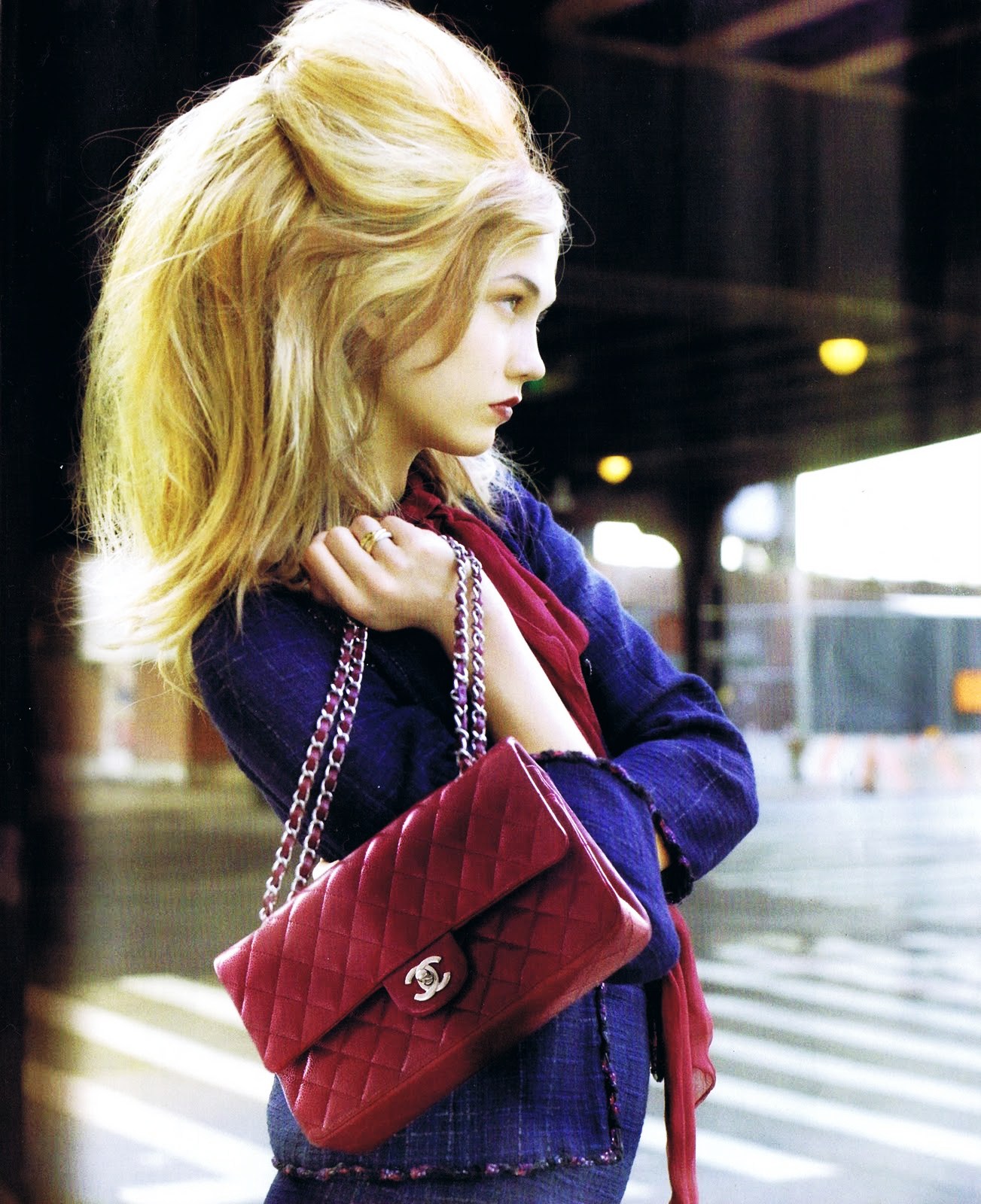

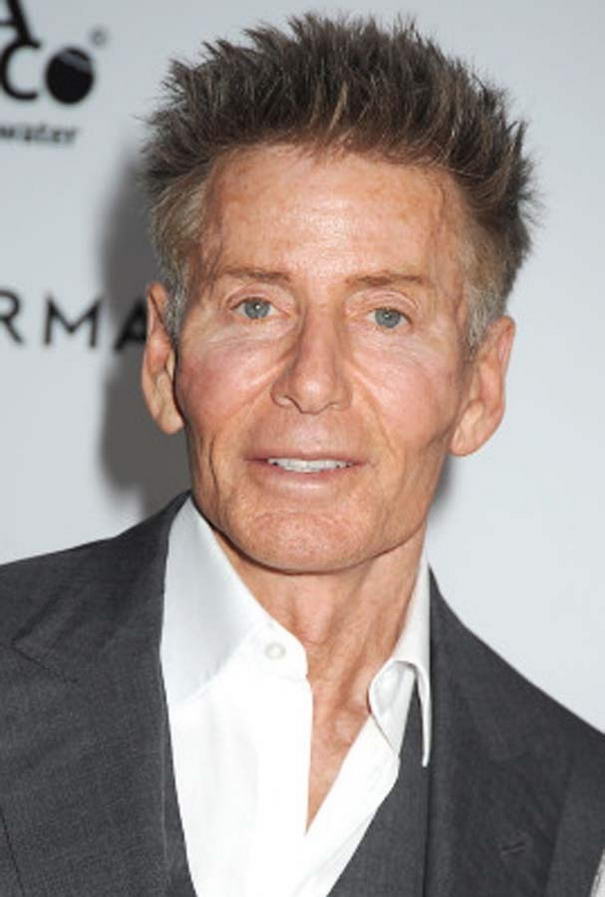

![]()
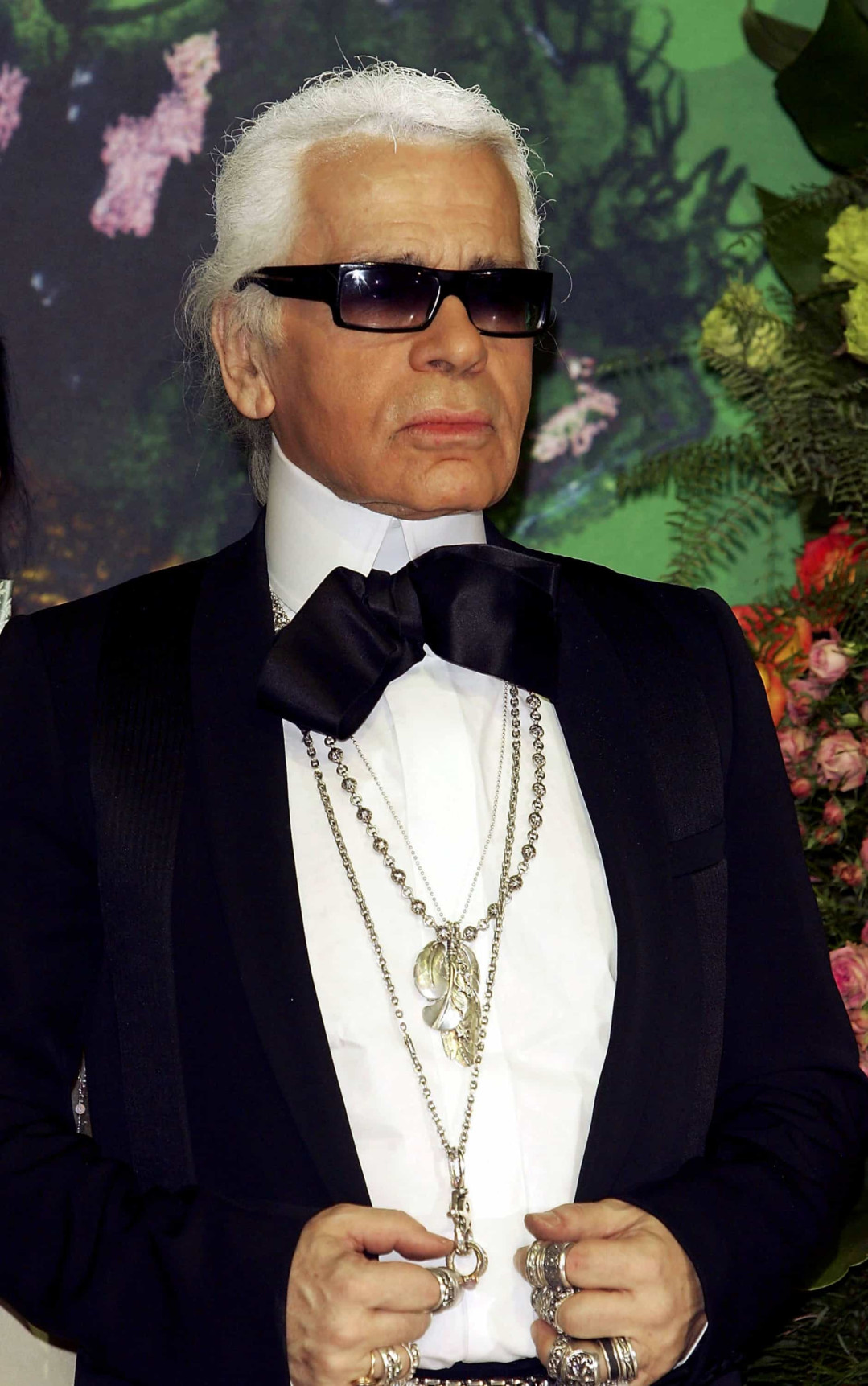
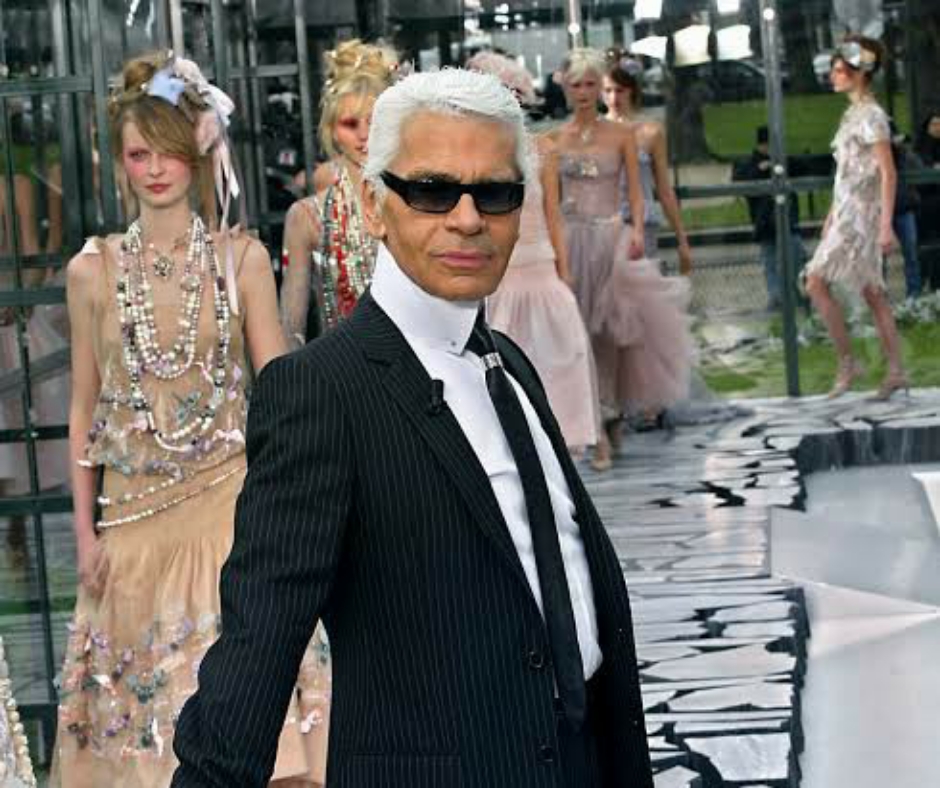
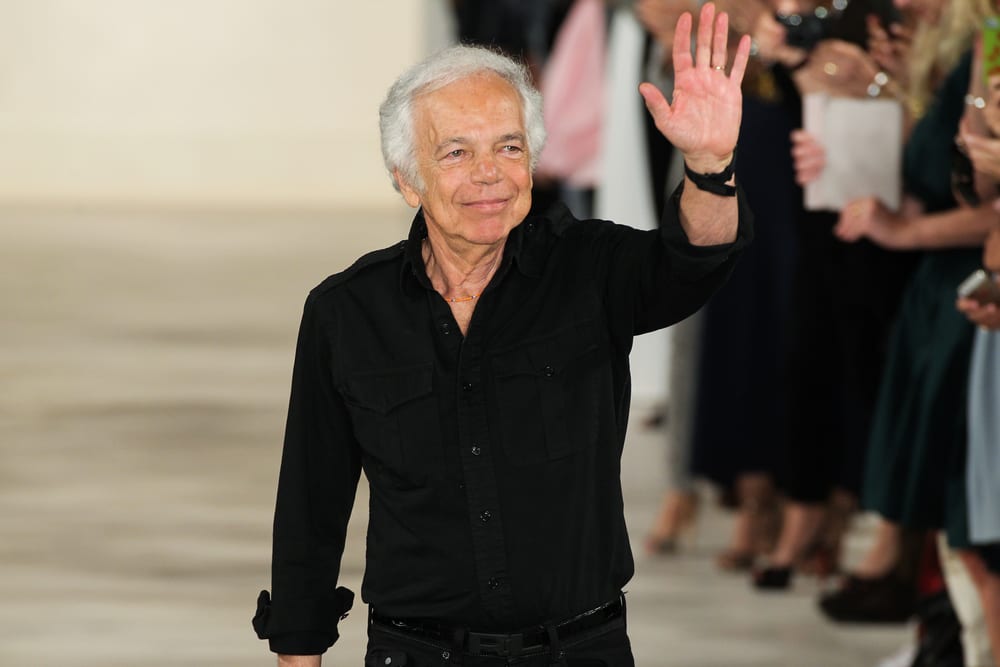
Closure
Thus, we hope this article has provided valuable insights into Shaping the World of Fashion: A Look at 10 Iconic Designers. We hope you find this article informative and beneficial. See you in our next article!